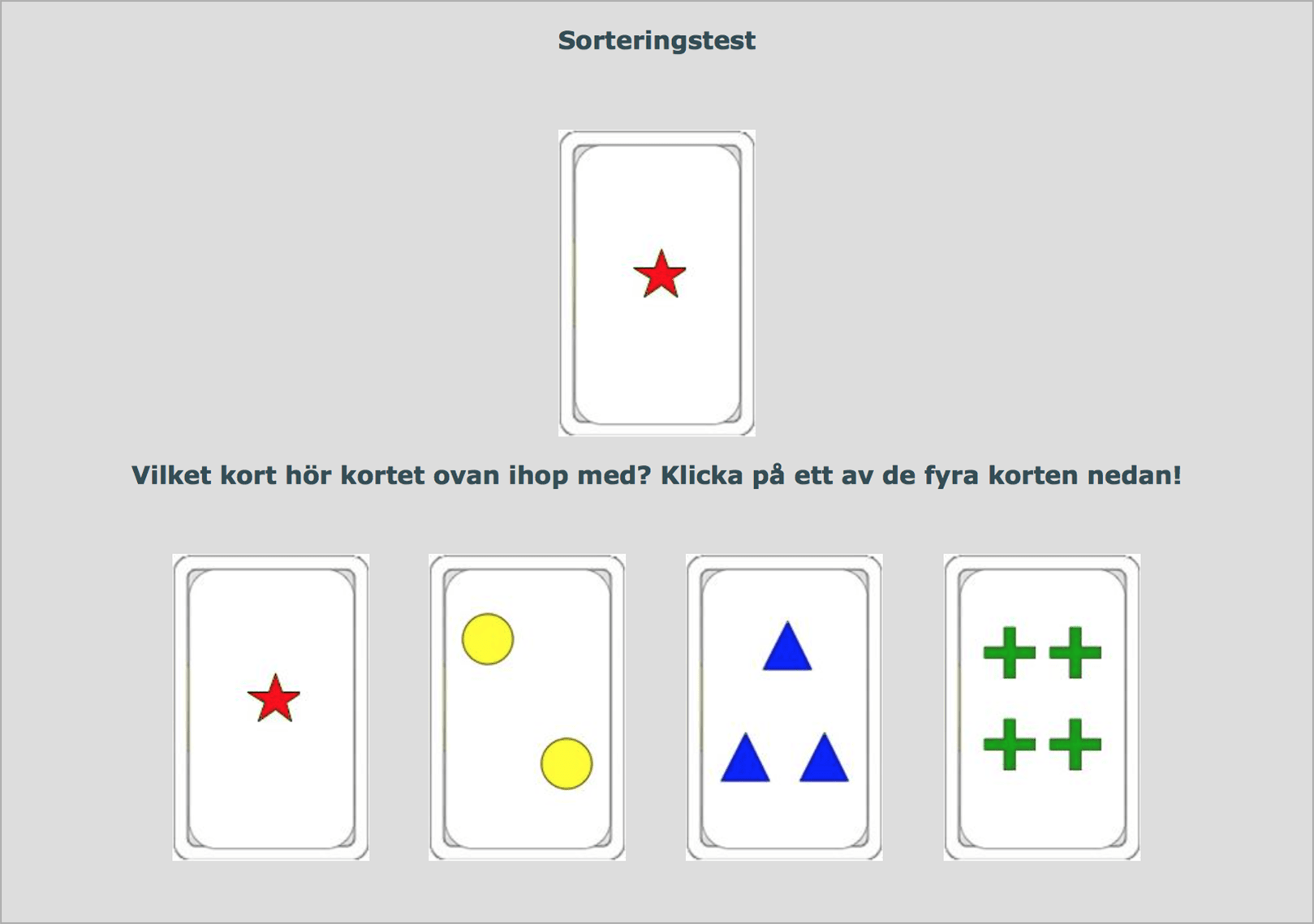Little is known about the individual factors that predict outcomes in Internet-administered psychological treatments. In a paper that was published in PeerJ today we hypothesized that greater cognitive flexibility (i.e. the ability to simultaneously consider several concepts and tasks and switch effortlessly between them in response to changes in environmental contingencies) would provide a better foundation for learning and employing the cognitive restructuring techniques taught and exercised in therapy, leading to greater treatment gains.
Participants in three trials featuring Internet-administered psychological treatments for depression (n = 36), social anxiety disorder (n = 115) and tinnitus (n = 53) completed the 64-card Wisconsin Card Sorting Test (WCST) prior to treatment. We found no significant associations between perseverative errors on the WCST and treatment gains in any group. We also found low accuracy in the classification of treatment responders. We conclude that lower cognitive flexibility, as captured by perseverative errors on the WCST, should not impede successful outcomes in Internet-delivered psychological treatments.
Conclusions
Contrary to our hypothesis, we found no generic or treatment-specific predicative power of cognitive flexibility (perseverative errors on the WCST) on patient improvement following Internet-delivered psychological treatment for social anxiety disorder, depression or tinnitus. Hence, comparably lower cognitive flexibility, as measured by the perseverative errors on the WCST, should not impede successful outcomes in Internet-delivered psychological treatments.
Read the full paper (open access):
Lindner, P., Carlbring, P., Flodman, E., Hebert, A., Poysti, S., Hagkvist, F., . . . Andersson, G. (2016). Does cognitive flexibility predict treatment gains in Internet-delivered psychological treatment of social anxiety disorder, depression, or tinnitus? PeerJ, 4, e1934. doi:10.7717/peerj.1934
[youtube]https://youtu.be/H5tpxfZ_G7M[/youtube]
